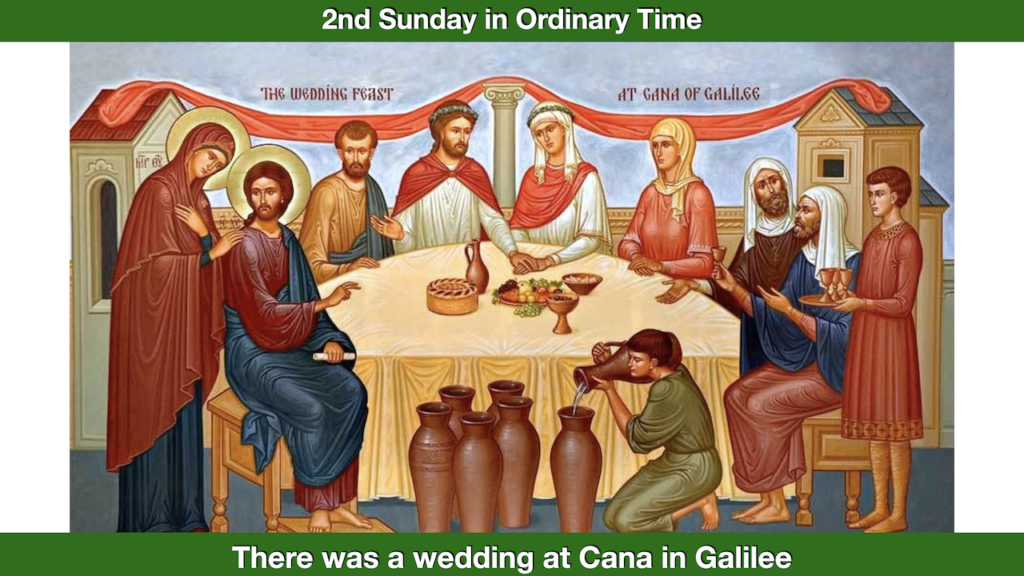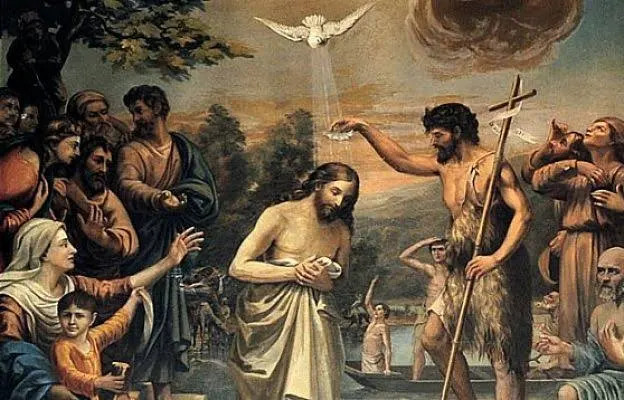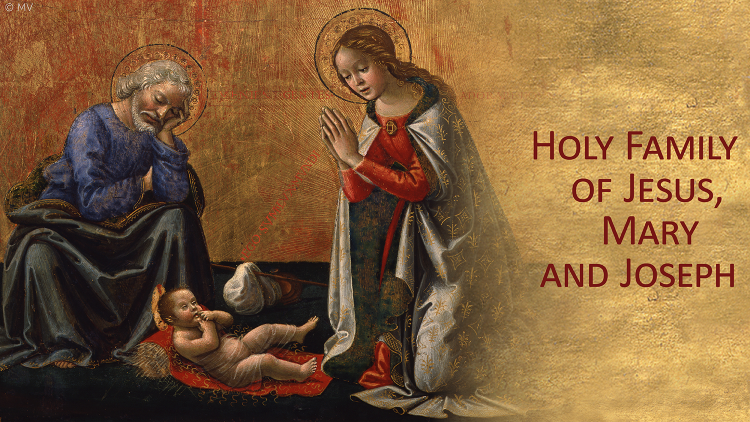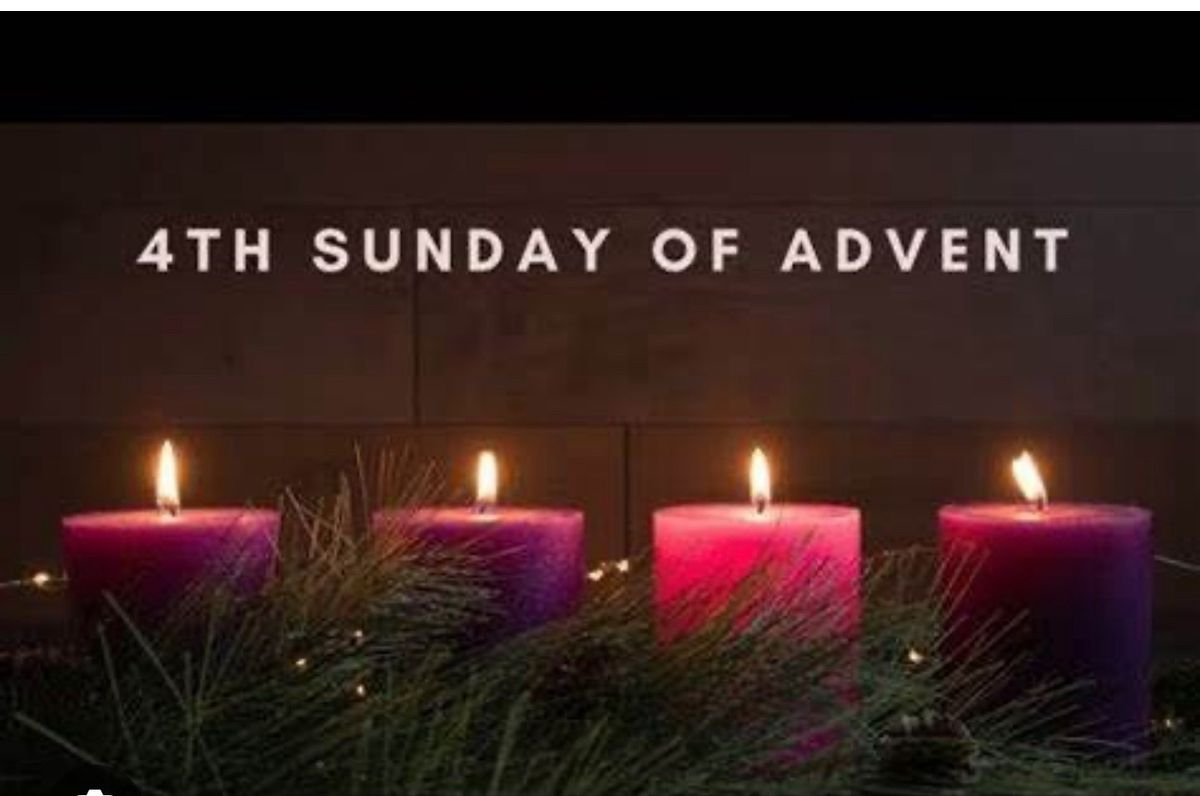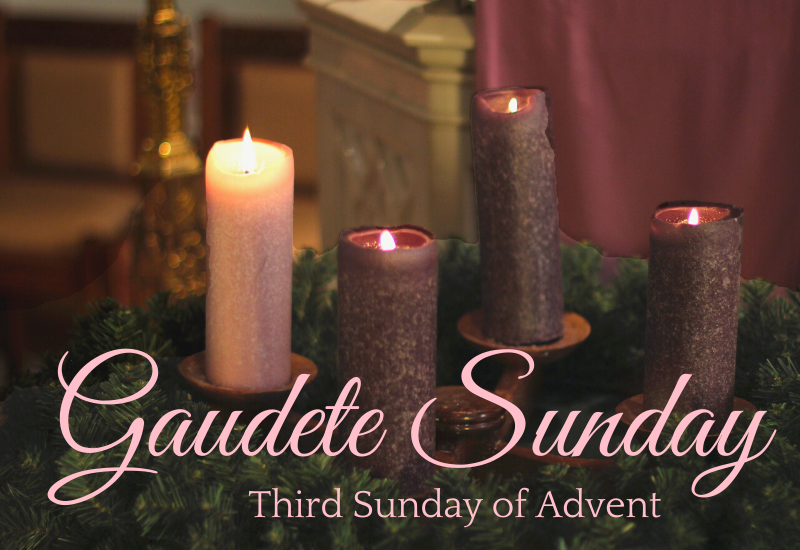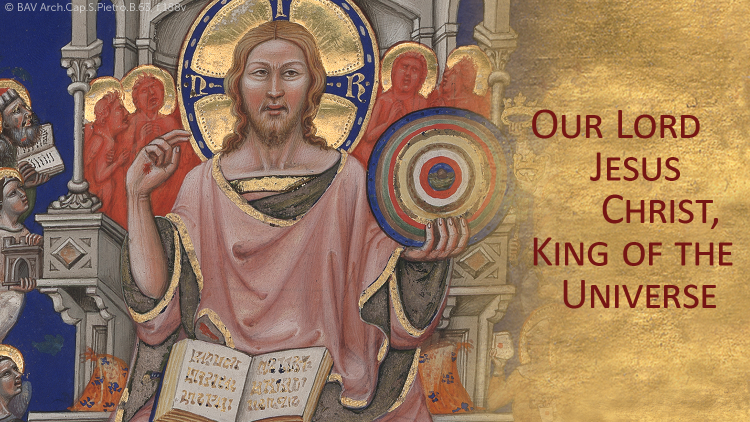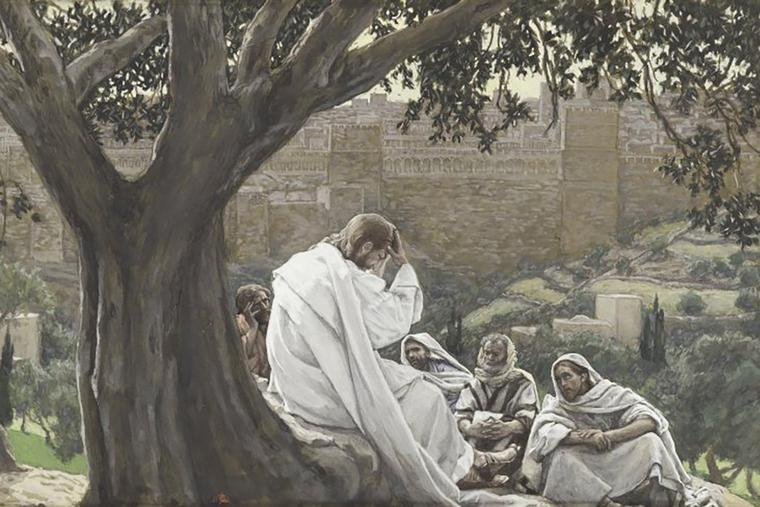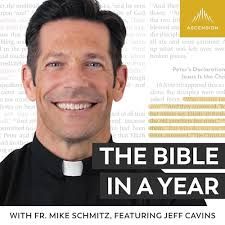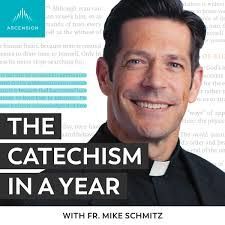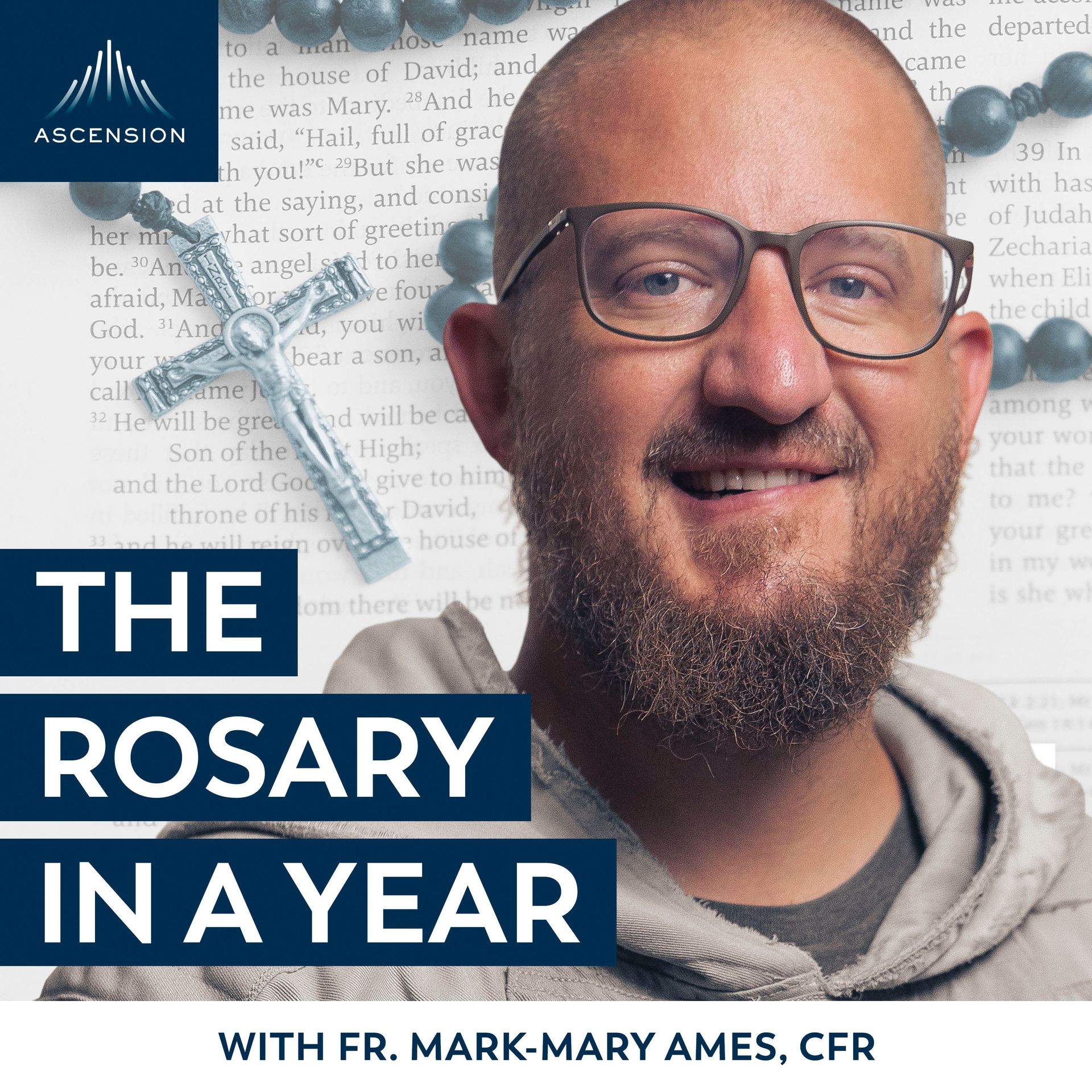Twenty-Eighth Sunday in Ordinary Time, October 15, 2023
Dear Friends,
During the past few weekends we have been reflecting on God’s unimaginable generosity, illustrated for us through various parables involving the vineyard. This Sunday, the focus shifts to the new kingdom and those who can be at the banquet table there. We again see the uniqueness of our God, who lavishes us with his love and will go to any length to have us close to his heart. This is how we can explain grace. It is given to us freely. But responding to God’s invitation – this is on us. The parable of the wedding feast shows us a God who has prepared for us a sumptuous banquet filled with joy and celebration. We are asked: how will we respond to his invitation? Will we respond appropriately to the divine invitation to live with God forever? Are we willing to be clothed in the garment of gratitude? The response given in Psalm 23 says it well: “I shall live in the house of the Lord all the days of my life.”
I wish to congratulate Paco and Nancy Farach on being awarded the Family of the Month for October 2023. We are blessed indeed that so many of you give very generously of your time, talent, and treasure.
I take this opportunity to thank you all for your generous donation to our 12th Annual Harvest Food Drive to help the farmworkers’ community. I also place on record our thanks to both Karen O’Donovan and Sherry Nestor for leading this ministry. As they leave for colder regions, we wish them warmth and sunshine.
Let us continue to pray for our brothers and sisters in Israel and Palestine who are suffering the consequence of inhumane atrocities unleashed by terrorists. We pray for the families of those who have died. May the souls of all who have died rest in peace!
Let us now move forward with the Post-Synodal Apostolic Exhortation of Pope Benedict XVI entitled: Sacramentum Caritatis. Have a Blessed Week!
With love,
Fr. John
W e e k 16 — SA C R A M E N T U M C A R I T AT I S ( TH E SA C R A M E N T O F C H A R I T Y : T H E E U C H AR I ST )
CONTINUATION OF THE POST-SYNODAL APOSTOLIC EXHORTATION SACRAMENTUM CARITATIS OF THE HOLY FATHER BENEDICT XVI TO THE BISHOPS, CLERGY, CONSECRATED PERSONS AND THE LAY FAITHFUL ON THE EUCHARIST AS THE SOURCE AND SUMMIT OF THE CHURCH'S LIFE AND MISSION
P A R T O N E : T H E E U C H A R I ST — A M Y ST E R Y T O B E B E L I E V E D ( c on t i n u e d )
“This is the work of God: that you believe in whom he has sent.” (Jn 6:29)
THE EUCHARIST AND ESCHATOLOGY
THE EUCHARIST AND THE RISEN CHRIST
- Since the eucharistic liturgy is essentially an actio Dei which draws us into Christ through the Holy Spirit, its basic structure is not something within our power to change, nor can it be held hostage by the latest trends. Here too Saint Paul's irrefutable statement applies: "no one can lay any foundation other than the one that has been laid, which is Jesus Christ" (1 Cor 3:11). Again it is the Apostle of the Gentiles who assures us that, with regard to the Eucharist, he is presenting not his own teaching but what he himself has received (cf. 1 Cor 11:23). The celebration of the Eucharist implies and involves the living The Church celebrates the eucharistic sacrifice in obedience to Christ's command, based on her experience of the Risen Lord and the outpouring of the Holy Spirit. For this reason, from the beginning, the Christian community has gathered for the fractio panis on the Lord's Day. Sunday, the day Christ rose from the dead, is also the first day of the week, the day which the Old Testament tradition saw as the beginning of God's work of creation. The day of creation has now become the day of the "new creation," the day of our liberation, when we commemorate Christ who died and rose again (113).
ARS CELEBRANDI
- In the course of the Synod, there was frequent insistence on the need to avoid any antithesis between the ars celebrandi , the art of proper celebration, and the full, active and fruitful participation of all the faithful. The rimary way to foster the participation of the People of God in the sacred rite is the proper celebration of the rite itself. The ars celebrandi is the best way to ensure their actuosa participatio. (114) The ars celebrandi is the fruit of faithful adherence to the liturgical norms in all their richness; indeed, for two thousand years this way of celebrating has sustained the faith life of all believers, called to take part in the celebration as the People of God, a royal priesthood, a holy nation (cf. 1 Pet 2:4-5, 9) (115).
THE BISHOP, CELEBRANT PAR EXCELLENCE
- While it is true that the whole People of God participates in the eucharistic liturgy, a correct ars celebrandi necessarily entails a specific responsibility on the part of those who have received the sacrament of Holy Bishops, priests, and deacons, each according to his proper rank, must consider the celebration of the liturgy as their principal duty (116). Above all, this is true of the Diocesan Bishop: as "the chief steward of the mysteries of God in the particular Church entrusted to his care, he is the moderator, promoter, and guardian of the whole of its liturgical life" (117). This is essential for the life of the particular Church, not only because communion with the Bishop is required for the lawfulness of every celebration within his territory, but also because he himself is the celebrant par excellence within his Diocese (118). It is his responsibility to ensure unity and harmony in the celebrations taking place in his territory. Consequently the Bishop must be "determined that the priests, the deacons, and the lay Christian faithful grasp ever more deeply the genuine meaning of the rites and liturgical texts, and thereby be led to an active and fruitful celebration of the Eucharist" (119). I would ask that every effort be made to ensure that the liturgies which the Bishop celebrates in his Cathedral are carried out with complete respect for the ars celebrandi , so that they can be considered an example for the entire Diocese (120).
RESPECT FOR THE LITURGICAL BOOKS AND THE RICHNESS OF SIGNS
- Emphasizing the importance of the ars celebrandi also leads to an appreciation of the value of the liturgical (121) The ars celebrandi should foster a sense of the sacred and the use of outward signs which help to cultivate this sense, such as, for example, the harmony of the rite, the liturgical vestments, the furnishings and the sacred space. The eucharistic celebration is enhanced when priests and liturgical leaders are committed to making known the current liturgical texts and norms, making available the great riches found in the General Instruction of the Roman Missal and the Order of Readings for Mass. Perhaps we take it for granted that our ecclesial communities already know and appreciate these resources, but this is not always the case. These texts contain riches which have preserved and expressed the faith and experience of the People of God over its two-thousand-year history. Equally important for a correct ars celebrandi is an attentiveness to the various kinds of language that the liturgy employs: words and music, gestures and silence, movement, the liturgical colours of the vestments. By its very nature the liturgy operates on different levels of communication which enable it to engage the whole human person. The simplicity of its gestures and the sobriety of its orderly sequence of signs communicate and inspire more than any contrived and inappropriate additions. Attentiveness and fidelity to the specific structure of the rite express both a recognition of the nature of Eucharist as a gift and, on the part of the minister, a docile openness to receiving this ineffable gift.
(113) Propositio 30. Weekday Masses, which the faithful are encouraged to attend, find their proper form on the day of the Lord, the day of Christ's resurrection;Propositio 43.
(114) Propositio 2.
(115) Propositio 25.
(116) Propositio 19. Propositio 25 states: "An authentic liturgical action expresses the sacredness of the eucharistic mystery. This should be evident from the words and actions of the priest who celebrates, as he intercedes to God the Fatherbothwiththe faithful and ontheirbehalf."
(117)General Instruction of the Roman Missal , 22; Second Vatican Ecumenical Council, Constitution on the Sacred Liturgy Sacrosanctum Concilium , 41; Congregation for Divine Worship and the Discipline of the Sacraments, Instruction Redemptionis Sacramentum (25 March 2004), 19-25: AAS 96 (2004), 555-557.
(118) Second Vatican Ecumenical Council, Decree on the Pastoral Office of Bishops in the Church Christus Dominus , 14; Constitution on the Sacred Liturgy Sacrosanctum Concilium, 41.
(119) General Instruction of the Roman Missal ,22.
(120) ibid.
(121) Propositio 25.
